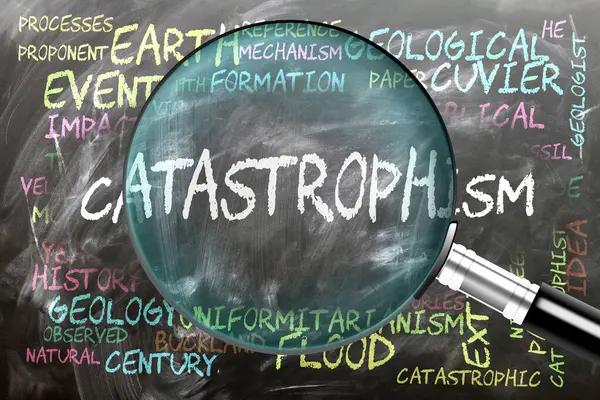Wikipedia, the largest online encyclopedia in the world, is a platform that prides itself on being open and accessible to anyone who wants to contribute knowledge. However, a closer look at the demographics of Wikipedia editors reveals a troubling lack of diversity.
A study conducted by the Wikimedia Foundation found that Wikipedia’s editors are overwhelmingly young, white, and male. In fact, nearly 90% of Wikipedia editors are male, with the majority being under the age of 30. This lack of diversity among editors has serious implications for the content that is published on Wikipedia.
One of the main concerns about this lack of diversity is that it can lead to bias in the information presented on Wikipedia. Studies have shown that articles on topics related to women overwhelmingly young, white, and male people of color are significantly underrepresented on Wikipedia compared to their representation in society. This means that important voices and perspectives are missing from one of the most widely used sources of information in the world.
Furthermore, research has shown that articles written by female or minority editors are more likely to be flagged for deletion or edited by other users than those written by white males. This creates a hostile environment for women and minorities who want to contribute to Wikipedia and can discourage them from participating in editing activities.
The lack of diversity among Wikipedia editors also has implications for how information is presented on the site. For example, studies have shown that articles related to women tend to focus more on their personal lives than their professional accomplishments. This perpetuates harmful stereotypes and reinforces gender biases.
So why is Wikipedia so lacking in diversity? One reason could be that editing Wikipedia requires a certain level of technical expertise and familiarity with wiki markup language, which may deter individuals who do not have access to these resources or who do not feel comfortable navigating them.
Additionally, there may be cultural barriers that prevent women and minorities from feeling welcome or included in the largely male-dominated editing community. Research has shown that women are less likely than men to edit Wikipedia because they perceive it as a hostile environment where their contributions will not be valued.
In order to address these issues, it is crucial for Wikipedia’s community leaders to take active steps towards increasing diversity among its editors. This could include implementing training programs for new editors, creating mentorship opportunities for underrepresented groups, and actively recruiting diverse voices to contribute content.
Ultimately, increasing diversity among Wikipedia’s editors is essential for ensuring that all voices are heard and represented on one of the most influential sources of information in our digital age. Only by taking concrete steps towards inclusivity can we create a more equitable online encyclopedia for future generations.



